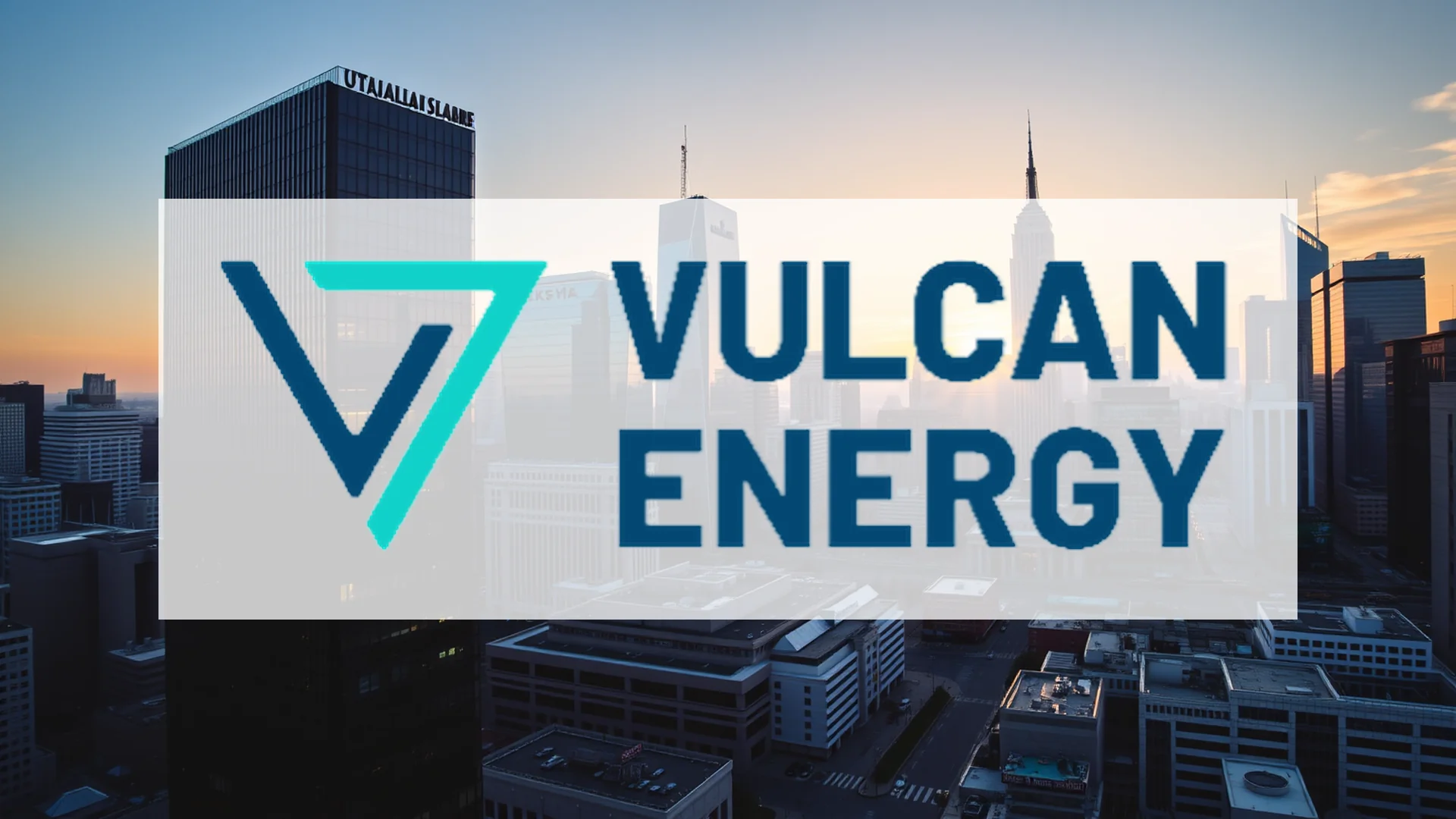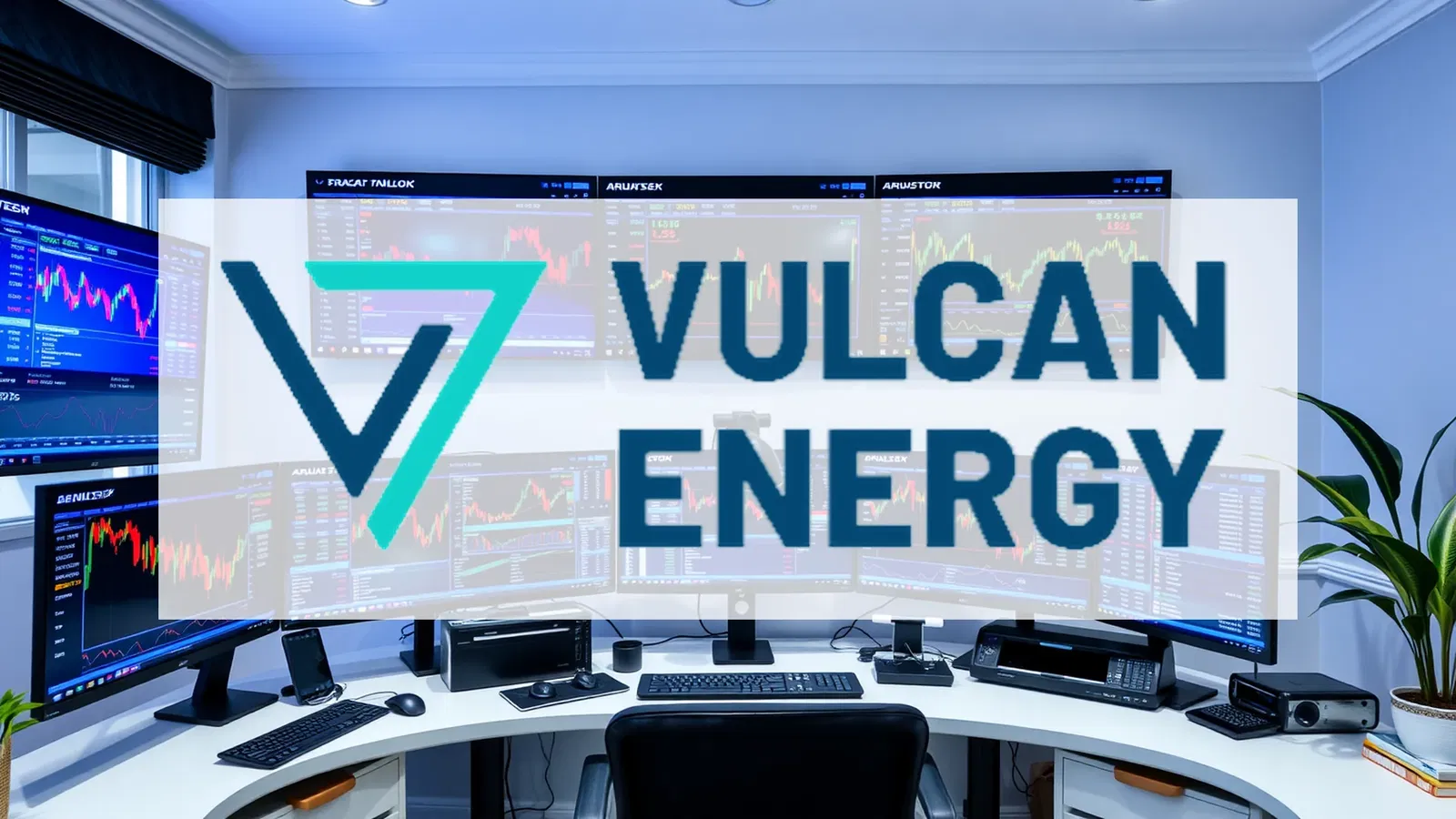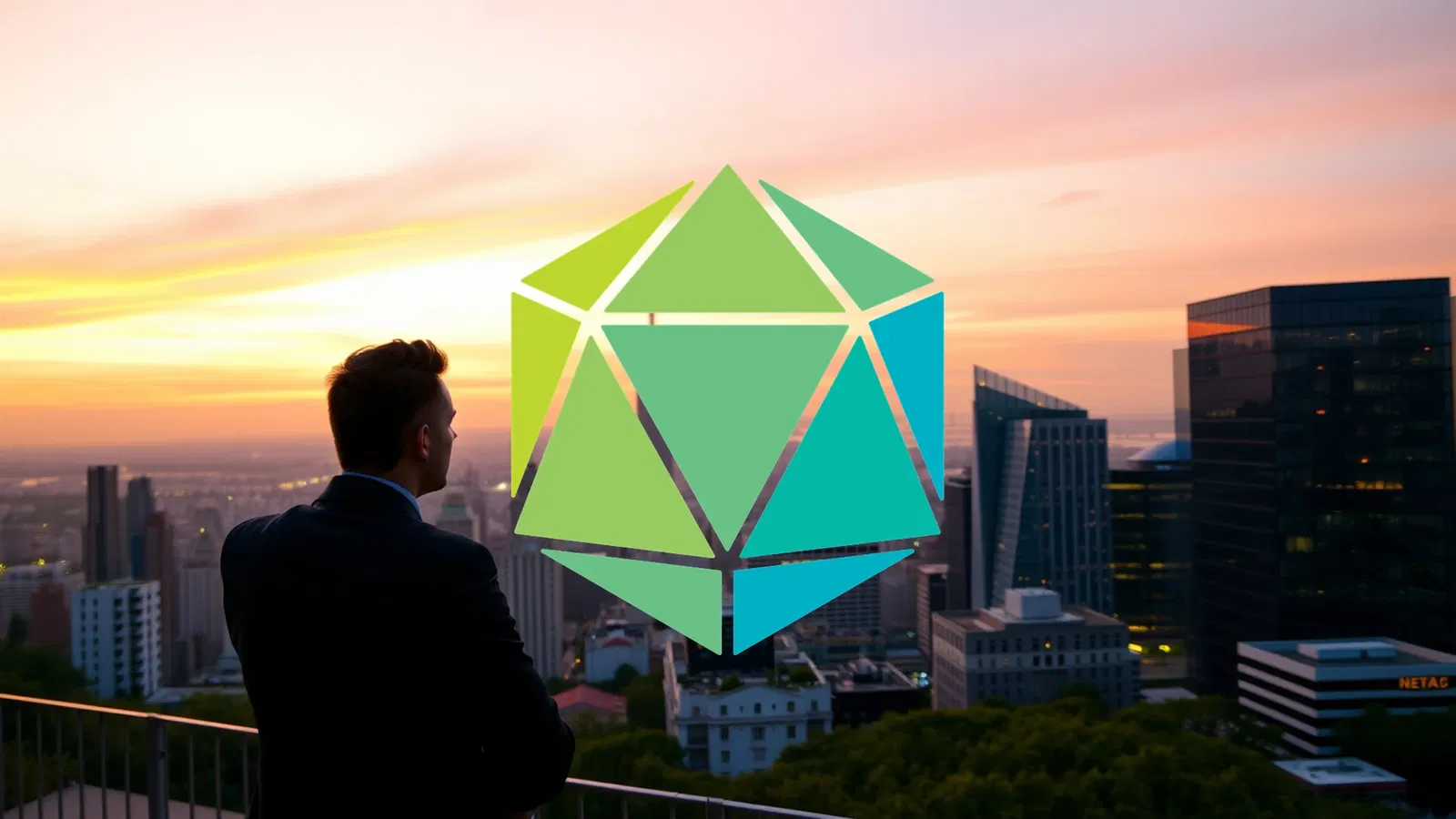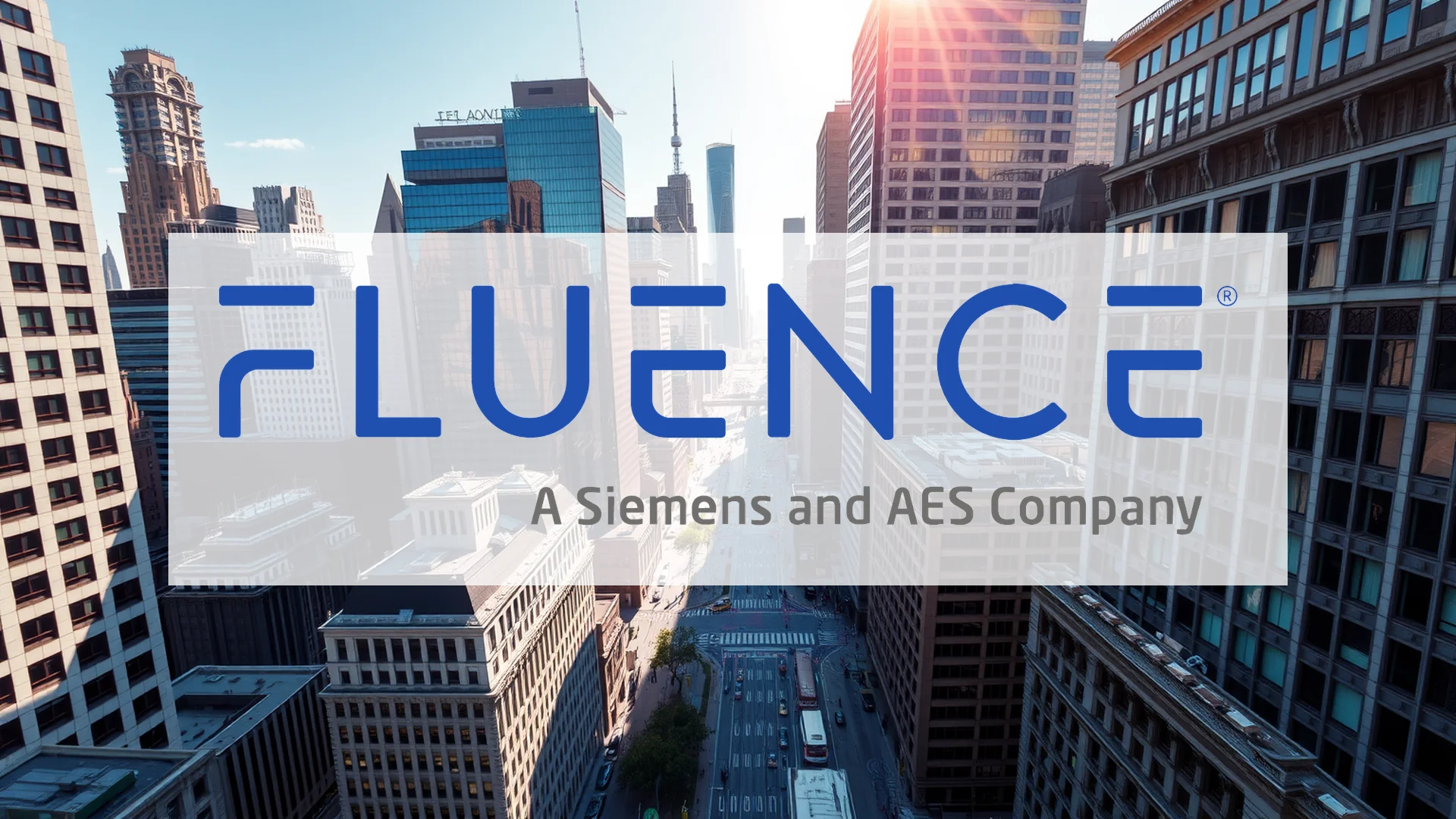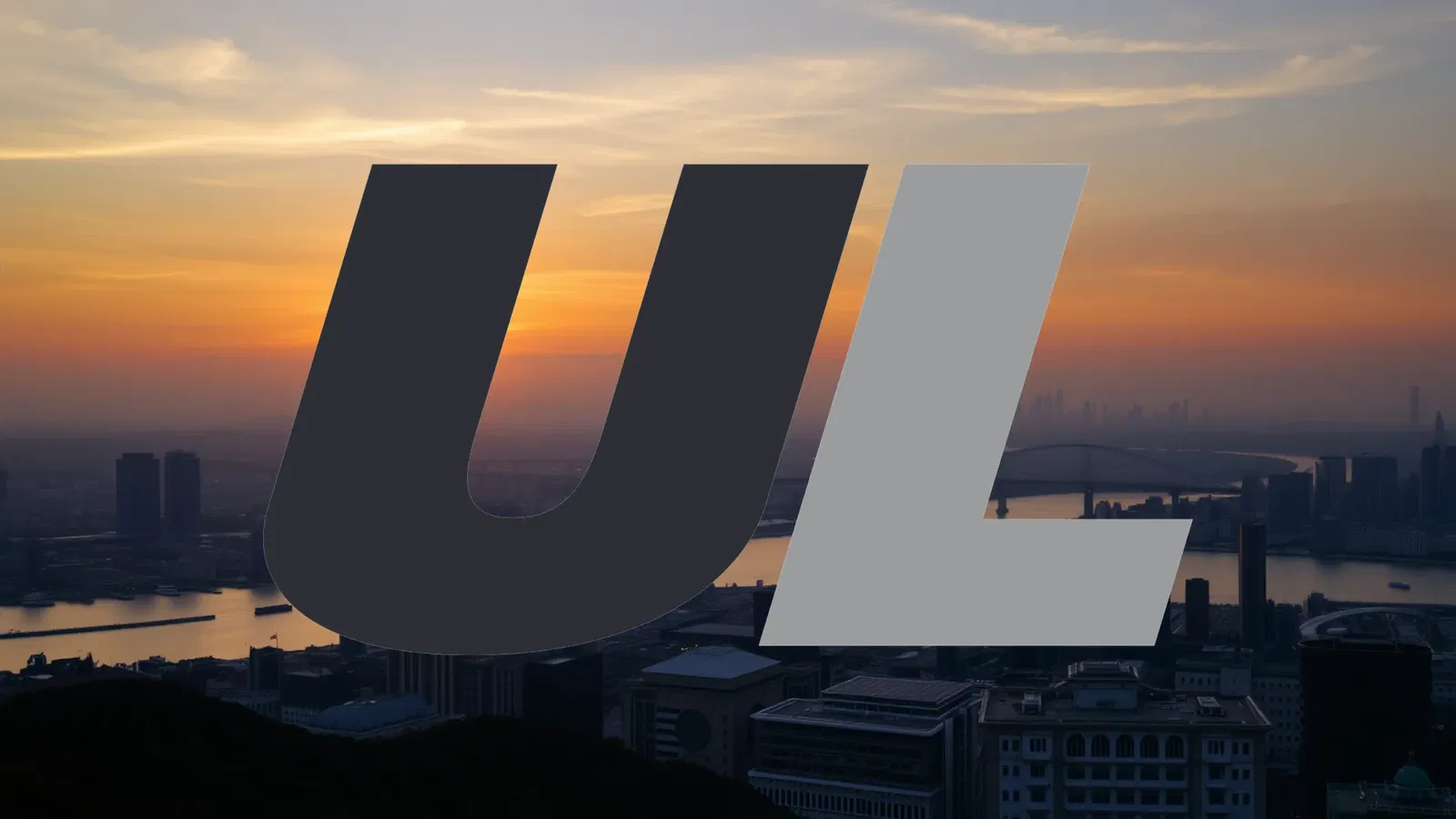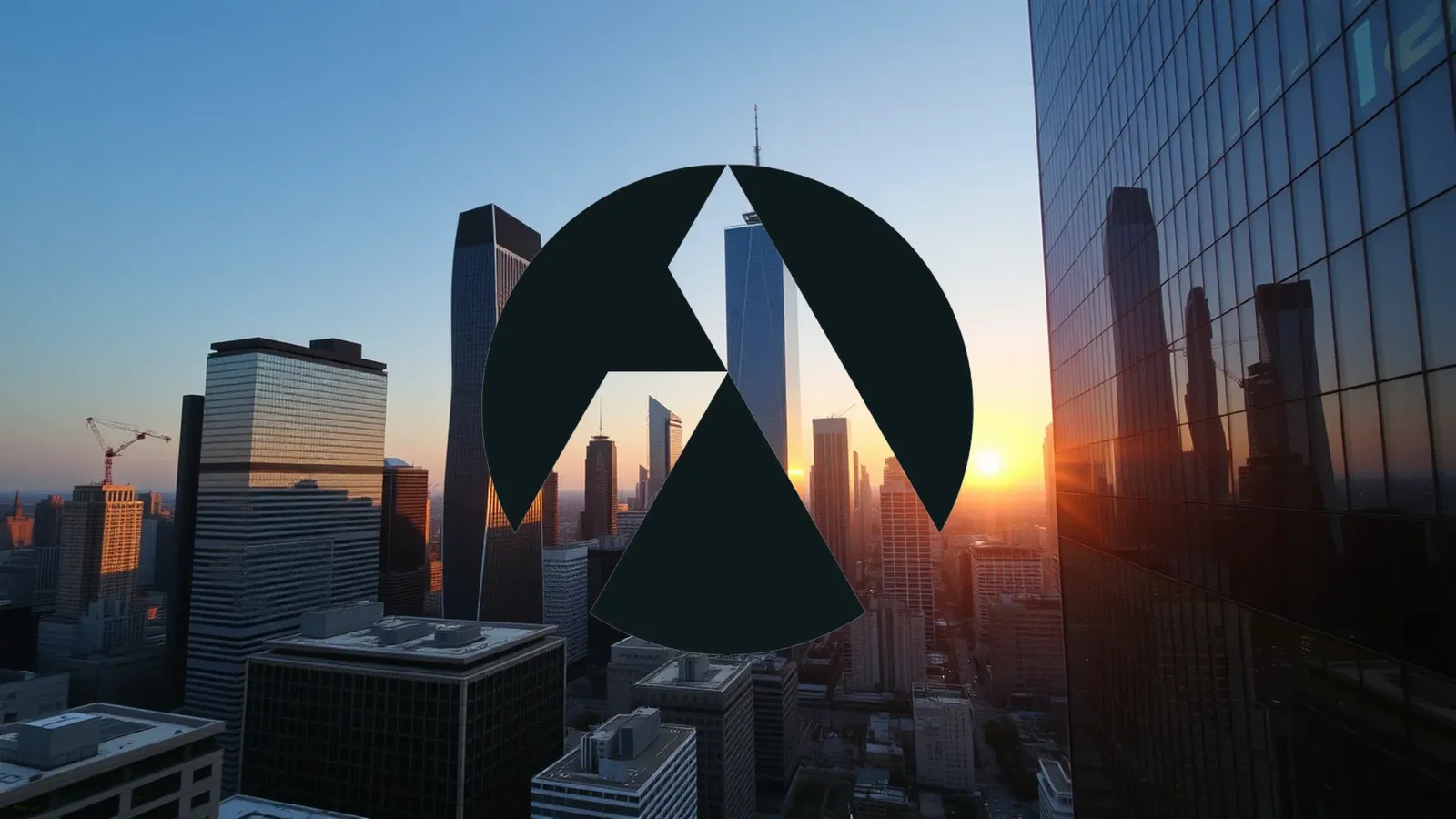Vulcan Energy has achieved a significant milestone by formalizing a strategic supply arrangement with commodities leader Glencore, effectively completing the foundational customer portfolio required for its initial development phase. This eighth major offtake contract strengthens the Australian lithium developer’s position within Europe’s evolving battery supply network.
Strategic Partnership and Production Timeline
On October 13, Vulcan Energy entered into a binding eight-year supply agreement with Glencore. Under this arrangement, the commodities group will purchase between 36,000 and 44,000 tonnes of battery-grade lithium hydroxide monohydrate from Vulcan’s Lionheart Project. This volume represents approximately 20 percent of the planned output for the project’s first phase.
The commercial terms incorporate market-based pricing mechanisms and include standard take-or-pay provisions. Initial commercial production is scheduled to commence in 2028, with final product qualification expected by 2029.
Chief Executive Officer Cris Moreno welcomed the new long-term partnership, noting that the company has now established a well-balanced customer base. This portfolio includes an automotive manufacturer, a battery producer, a cathode maker, and a global commodity trader.
Complete Phase One Offtake Portfolio
With the Glencore agreement finalized, Vulcan’s customer roster for its initial production phase is now fully established:
• Stellantis: 128,000 tonnes over a 10-year period
• LG Energy Solution: 31,000 tonnes spanning 6 years
• Umicore: 23,000 tonnes across 6 years
• Glencore: 36,000-44,000 tonnes over 8 years
Project Development Advances
Recent quarterly reports for Q3 2025, dated October 22, indicate continued progress at the Lionheart Project. All necessary regulatory approvals have been secured, and preliminary construction activities are underway.
Should investors sell immediately? Or is it worth buying Vulcan Energy?
In a separate development on October 17, Vulcan awarded a substantial A$252 million processing contract to Australian engineering firm JordProxa. This agreement covers essential plant and equipment components for Phase One operations.
The Lionheart Project, located near the Franco-German border, represents Europe’s most substantial lithium resource. Its planned annual production target of 24,000 tonnes of lithium hydroxide would be sufficient to supply batteries for approximately 500,000 electric vehicles.
Funding Status and Construction Timeline
Vulcan has already secured €104 million in grant funding from German federal and state governments through the Temporary Crisis and Transition Framework. These funds support the development of domestic lithium production capabilities for Europe’s electric vehicle battery manufacturing sector.
The company anticipates finalizing its complete Phase One financing package during the fourth quarter of 2025. This will enable the commencement of commercial facility construction. Discussions with lending institutions are progressing positively, bolstered by the now-complete offtake portfolio.
Sustainable Lithium Production Leadership
Vulcan’s distinctive zero-carbon operational approach differentiates it within the global lithium market. The company’s integrated model utilizes geothermal energy from Rhine Valley brines for lithium extraction while simultaneously generating 275 GWh of renewable electricity annually.
This methodology aligns with European Union strategic objectives for domestic critical minerals production and the transition toward renewable energy sources. With secured offtake agreements and major contracts now awarded, Vulcan is approaching a crucial implementation stage for its project.
Vulcan Energy shares currently trade around A$4.18, demonstrating relative stability amid broader market fluctuations.
Ad
Vulcan Energy Stock: Buy or Sell?! New Vulcan Energy Analysis from February 8 delivers the answer:
The latest Vulcan Energy figures speak for themselves: Urgent action needed for Vulcan Energy investors. Is it worth buying or should you sell? Find out what to do now in the current free analysis from February 8.
Vulcan Energy: Buy or sell? Read more here...

